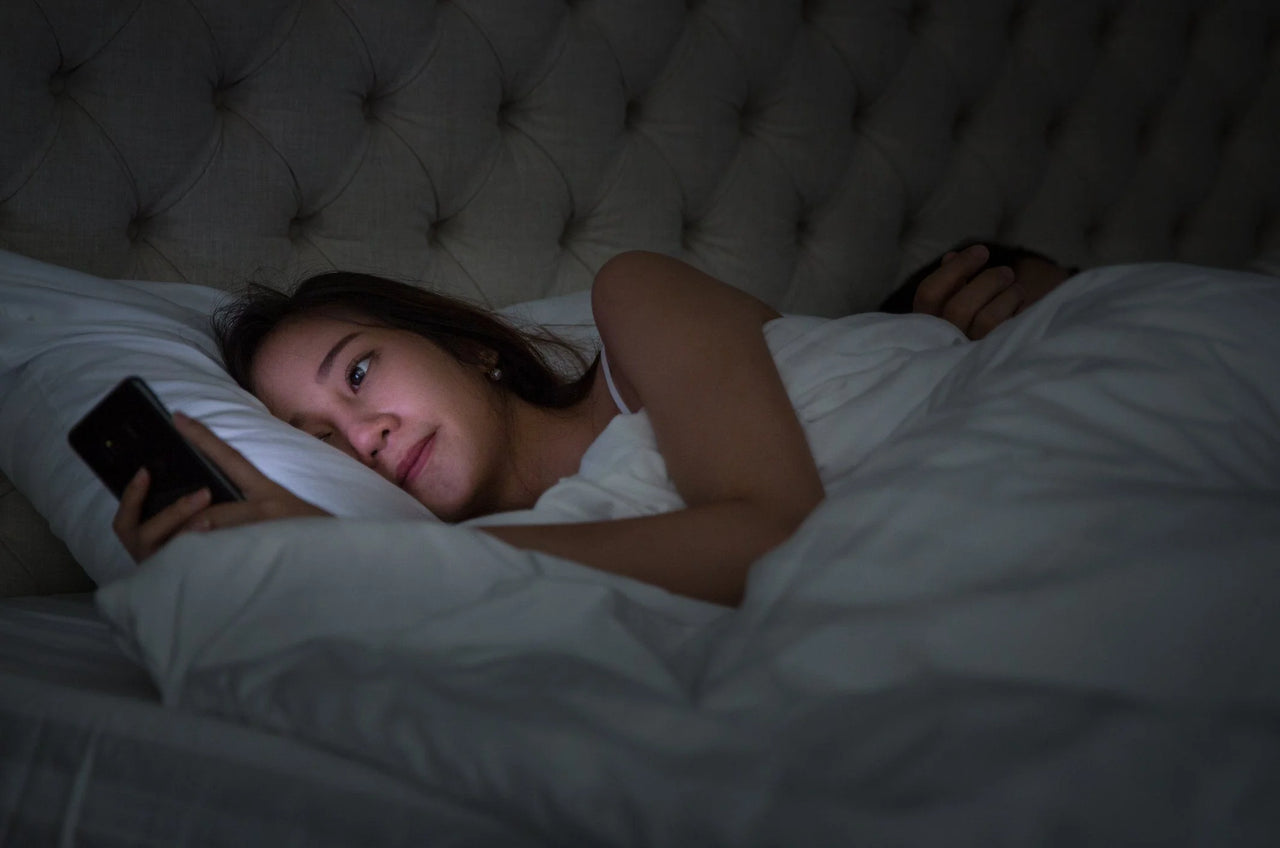How Cognitive Behavioral Therapy Helps with Sleep

Many individuals suffer from insomnia, which is a significant challenge. It often presents itself in different, such as trouble falling asleep and waking frequently. Occasional sleeplessness is common, but professional intervention will be inevitable if the conditions last for more than a month. Luckily, Cognitive Behavioral Therapy is an ideal solution for quality sleep. This post shares more details about the treatment option so you can make well-informed decisions when it comes to treating insomnia.
What is Cognitive Behavioral Therapy?
Cognitive behavioral therapy is an evidence-based approach that treats behaviors and addictions causing insomnia. In this case, a professional therapist uses scientifically proven techniques to point out how what you do and what you think impacts your quality of sleep. The therapist will examine your thoughts and feelings for accuracy and then tailor the best treatment solutions.
How Can Cognitive Behavioral Therapy Improve Sleep Quality
CBT treatment can take about six to eight sessions, depending on your needs. Your therapist will combine different techniques for a long-term solution to your sleeping problems. Some of the most convenient techniques include:
Cognitive Restructuring
Inaccurate or dysfunctional thoughts about sleep are a major cause of insomnia. This leads to an unhealthy cycle where you fail to enjoy quality sleep. In this case, a CBT therapist will help you identify and challenge the altering feelings through different skills throughout the session. This approach enables you to keep calm so that you can easily fall asleep.
Sleep Restriction
Insomnia could cause you to spend most time lying in bed awake, hoping to catch some sleep. This is why therapists use sleep restriction to help establish consistent sleep patterns. It enhances the drive to sleep and increases fatigue during the day, so you can easily fall asleep at night.
Relaxation Training
Cognitive behavioral therapists focus on thoughts and tensions that cause a lack of sleep. They include relaxation training in the sessions to increase natural relaxation responses. This approach includes breathing exercises, muscle relaxation, meditation, and more.
Psychoeducation
Did you know that your lifestyle and hygiene affect your quality of sleep? Unregulated smoking, caffeine, and alcohol intake can cause poor sleeping habits. However, a good diet, sleeping environment, and physical exercise support sleep.
Stimulus Control
A cognitive behavioral therapist will assess your bedroom behavior to determine the connection with insomnia. In this case, they often discourage using a phone or computer and watching TV during bedtime. They then tailor solutions to eliminate these habits to reclaim your bedroom for restful sleep.
Why Do CBT Work Better than Medication?
Most patients use over-the-counter medication to treat insomnia, but it only offers short-term solutions. Besides, the pills have adverse side effects, and some patients continue to experience sleep problems. This leads to higher dosages, dependence, and intolerance to the drugs.
However, Cognitive Behavioral Therapy for sleep has no side effects. It works on the behavioral factors that affect sleep without using pills. The approach is also more efficient because it provides long-term solutions by treating the root cause of the problem. It helps you learn how to support the body's natural sleep mechanisms for improved sleep.
Choosing the Right Cognitive Behavioral Therapist for Sleep
Many therapists advertise their services, but not all can deliver the quality you deserve. That's why you should research and pick one with extensive experience in Cognitive behavioral therapy for sleep. They should understand all aspects of the process and have the expertise to tailor the best possible solutions. Besides, the therapist should guarantee confidentiality about everything you discuss.




